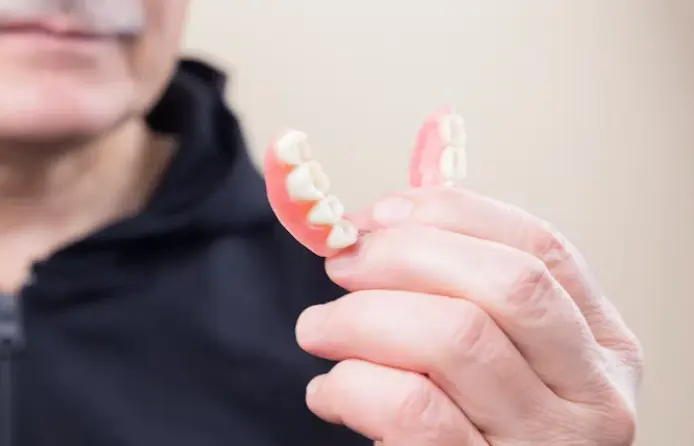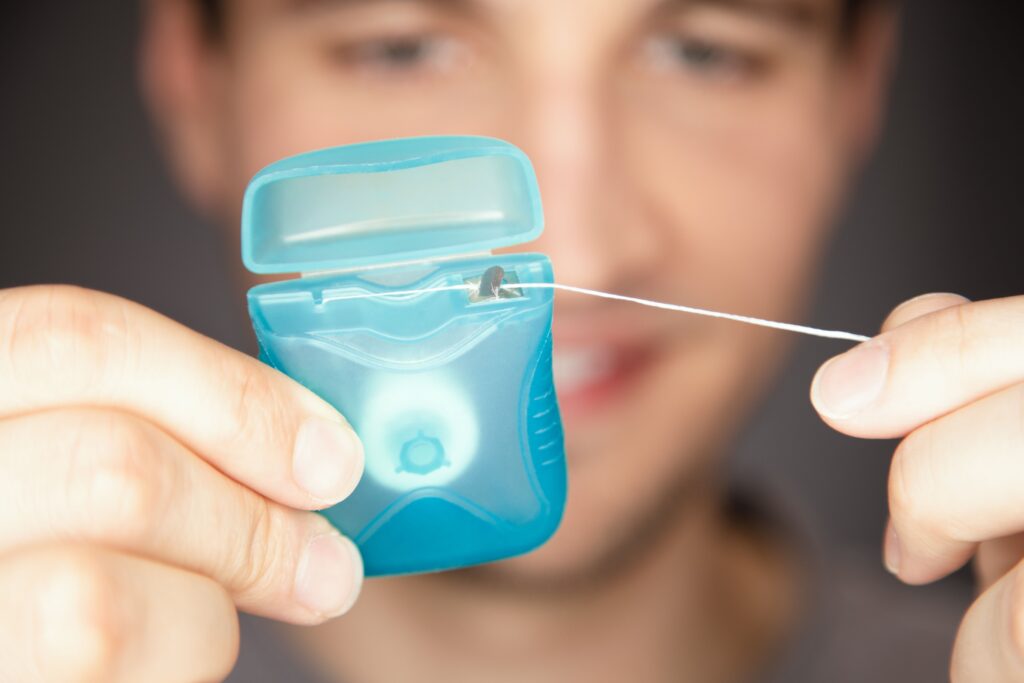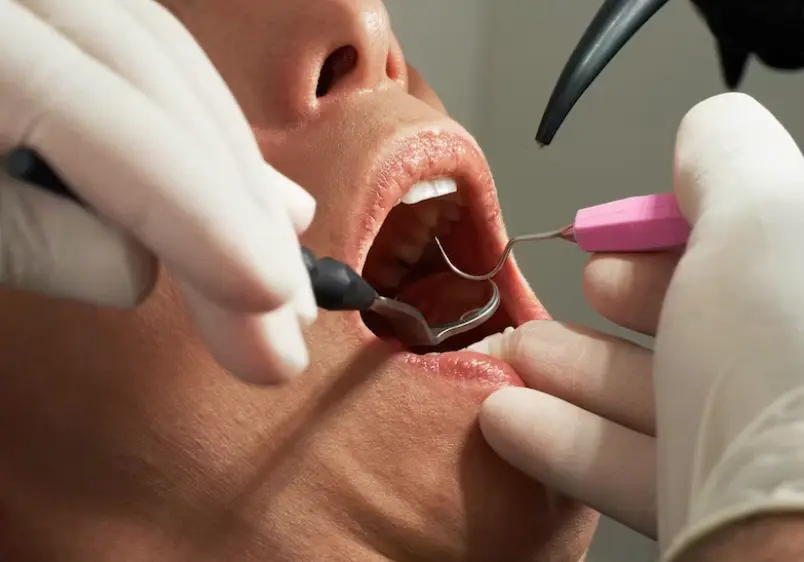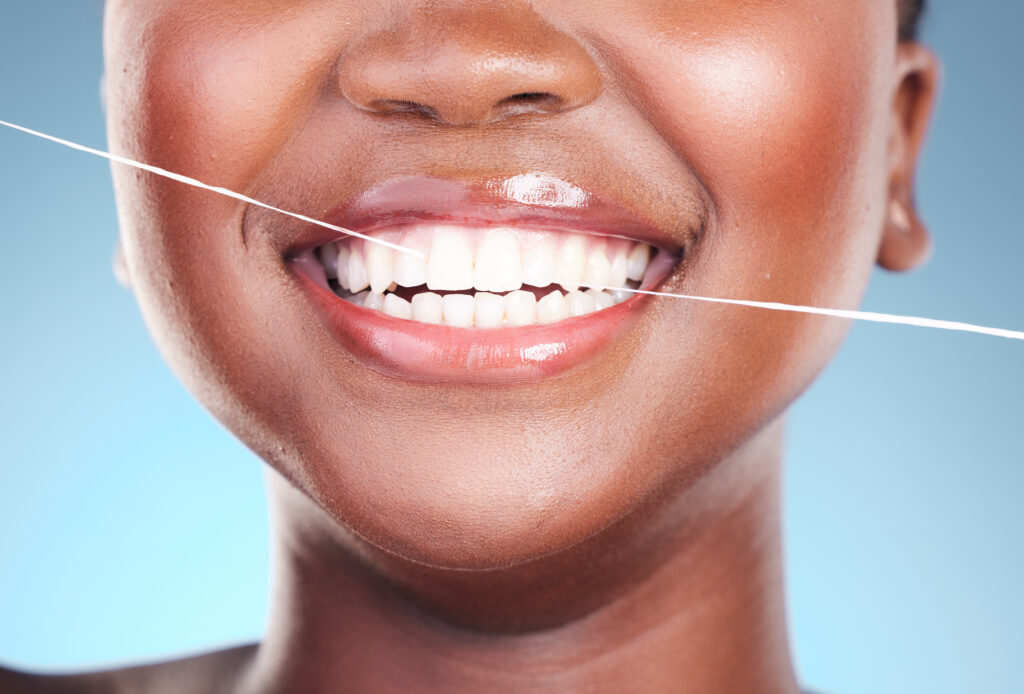Receding gums can pose a challenge when it comes to fitting dentures. Dentures are typically designed to rest on the gums, and receding gums may not provide enough support or stability for the dentures. However, in some cases, dentures can still be fitted to receding gums with the help of certain techniques and modifications. Dentists may use specialized adhesive materials or dental implants to improve the fit and stability of dentures on receding gums. Additionally, dentists can make adjustments to the dentures to ensure a more secure fit, such as using soft liners or relining the dentures to accommodate the changes in the gum tissue.
What Happens If You Don’t Have Enough Gums For Dentures?
If you don’t have enough gums for dentures, it can significantly affect the fitting and functionality of the prosthetic teeth. Without sufficient gum tissue, dentures may not have an adequate base to rest on, leading to instability, discomfort, and difficulty in chewing and speaking. In such cases, alternative treatment options may need to be considered.
One option is the use of dental implants, where titanium posts are surgically inserted into the jawbone to serve as anchors for the dentures. This approach provides a more stable and secure foundation for the dentures, even in cases of limited gum tissue. Another option is a partial denture, which replaces only the missing teeth rather than a full arch of teeth. This can help minimize the reliance on gum support and improve the overall fit of the denture.

How Do Dentists Fix Receding Gums?
Dentists employ various techniques to fix receding gums, depending on the severity of the condition. One common procedure used to address gum recession is gum grafting. During this procedure, a small piece of tissue is taken from another area of the mouth, such as the palate, and then attached to the receded area. This helps to cover the exposed tooth root and restore the gumline. Another technique is the pinhole surgical technique (PST), which involves creating small incisions in the gum tissue and repositioning it to cover the receded areas. This minimally invasive procedure does not require sutures and typically results in less discomfort and a quicker recovery time. Dentists may also recommend oral hygiene measures, such as proper brushing and flossing techniques, to prevent further gum recession and maintain oral health.
How Can I Strengthen My Gums For Dentures?
To strengthen your gums for dentures, it’s important to maintain good oral hygiene practices. Brush your teeth and gums gently but thoroughly at least twice a day using a soft-bristled toothbrush. Make sure to clean along the gumline to remove plaque and prevent gum disease. Floss daily to remove food particles and plaque from between your teeth and along the gumline. Using an antimicrobial mouthwash can also help control bacteria and maintain gum health. Additionally, a balanced diet rich in nutrients, particularly vitamins C and D, can contribute to gum health and support tissue healing. Regular dental check-ups are essential for early detection and treatment of any gum problems.

Can You Wear Dentures If You Have Bone Loss?
Yes, it is possible to wear dentures even if you have bone loss. While bone loss can affect the stability and retention of dentures, there are solutions available to address this issue. One option is the use of implant-supported dentures. Dental implants are placed in the jawbone, providing a strong foundation for attaching the dentures. These implants help prevent further bone loss and offer increased stability and support for the dentures. Another option is bone grafting, where bone material is added to the affected area to rebuild the bone structure. This procedure can help restore the necessary bone support for dentures. Your dentist will assess your specific situation and recommend the most suitable treatment option based on the extent of bone loss and your overall oral health.
Conclusion
Dealing with receding gums and its impact on dentures can be challenging, but with the help of modern dental techniques, solutions are available. Dentists can utilize various approaches such as dental implants, gum grafting, or the pinhole surgical technique to address receding gums and improve the fit and stability of dentures.
Good oral hygiene practices, a healthy diet, and regular dental check-ups also play a crucial role in maintaining gum health. If bone loss is a concern, options like implant-supported dentures or bone grafting can provide the necessary support for dentures. With the right dental care and treatment, individuals with receding gums can achieve a comfortable and functional denture experience.








